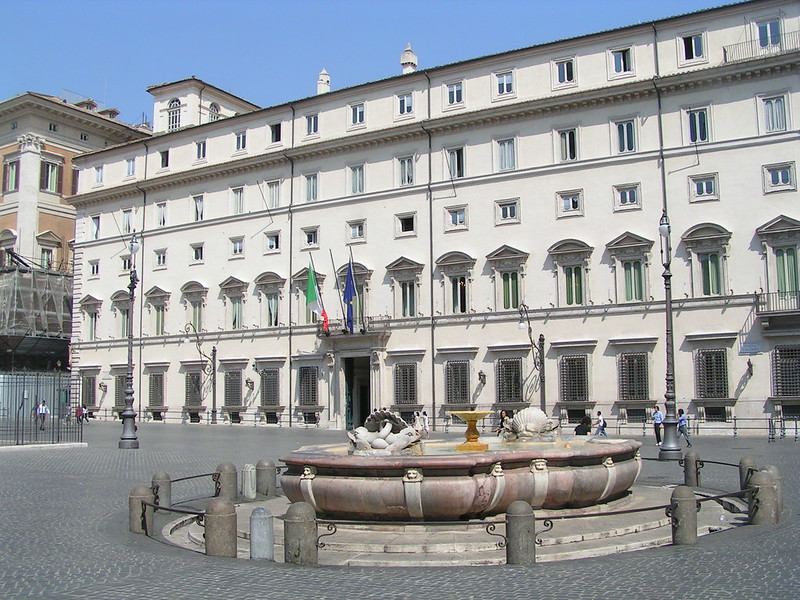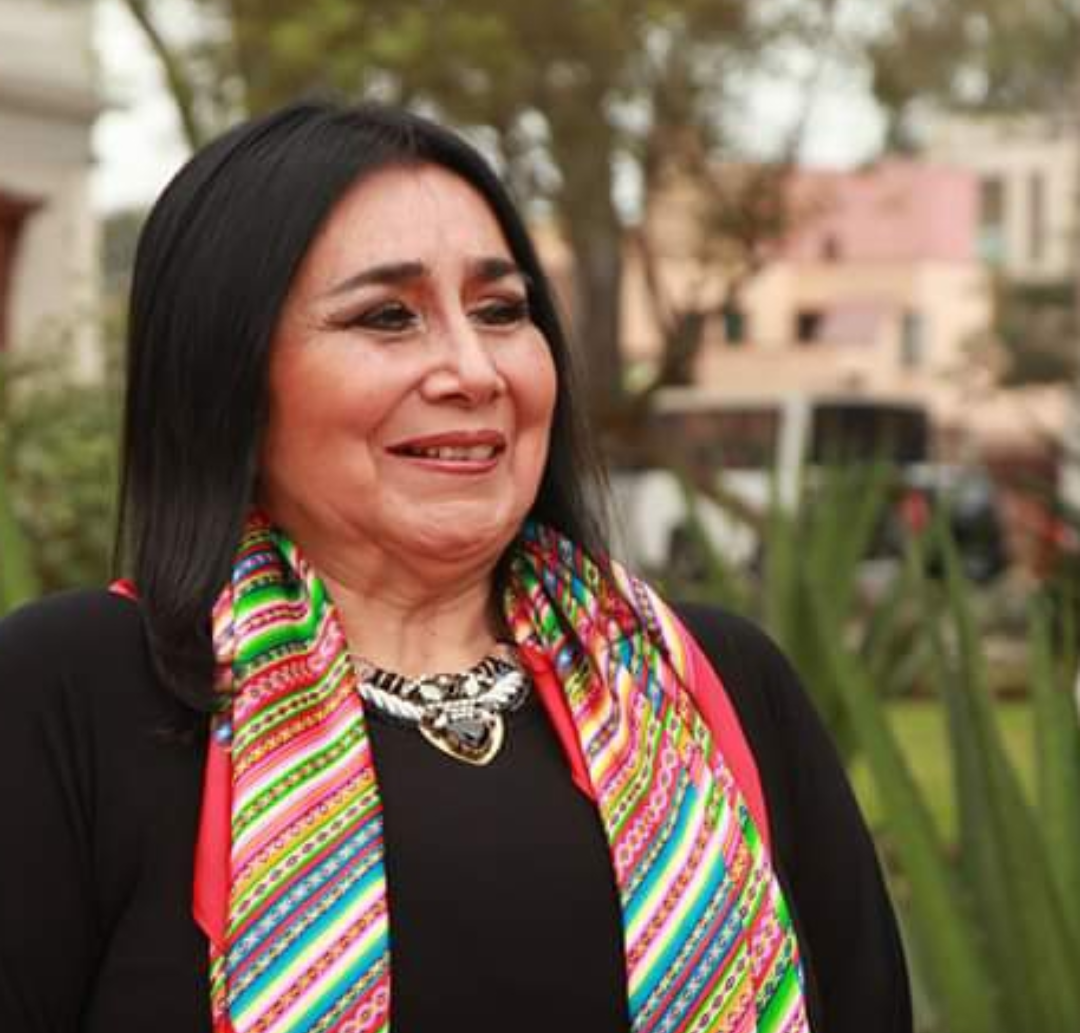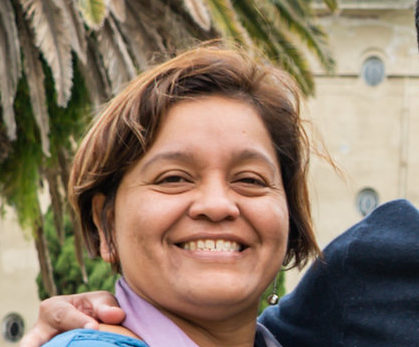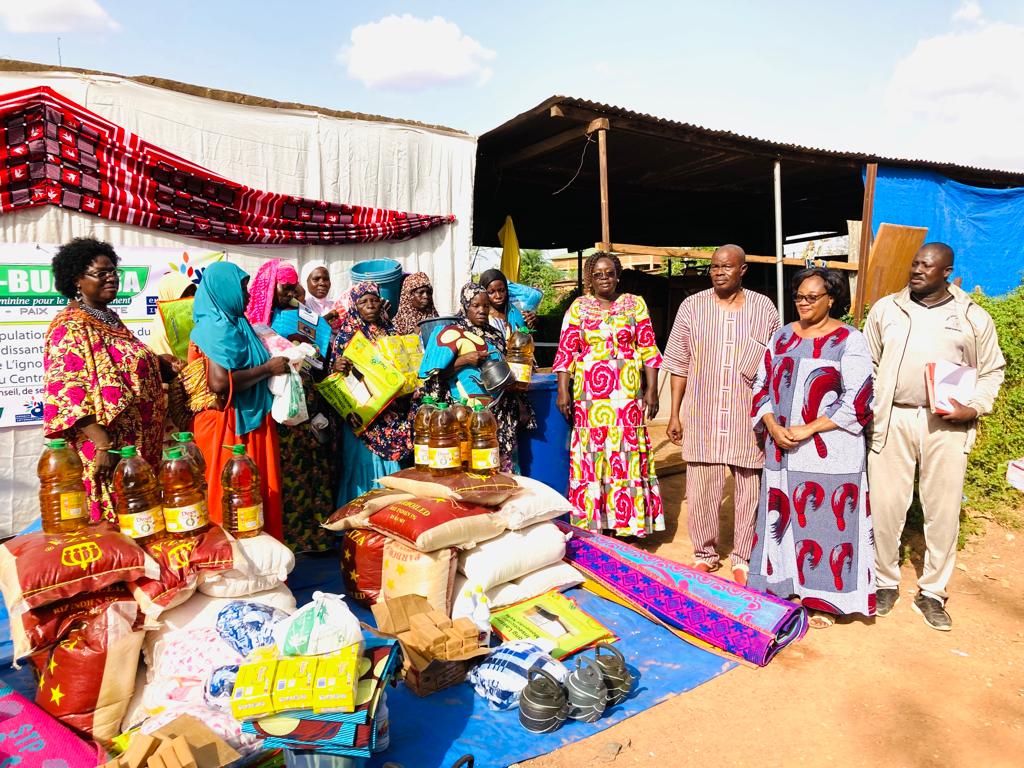In Italy, "the poor are regarded by the current government as a nuisance"

In Italy, Silvio Berlusconi’s entry into politics in the first half of 1994, after the disintegration of the parties triggered by *Tangentopoli, marked the next 30 years. The mass use of commercial television and the written press has strongly conditioned and modified the way Italians think and believe, leading to the idea that the only motivation for politicians has become the private sphere and their personal interest.
At the same time, with the gradual dismantling of important sectors of social welfare and public health, and the marginalisation of intermediary bodies (parties, unions, voluntary organisations) in the management of the nation under Berlusconi’s populist government, a total lack of confidence can be felt among the population: everything ‘public’ has been demonised by the population.
This profound change in culture and values, and the left’s inability to react, dazed by the decline of communism, paved the way for the far right to come to power.
Interview with Massimo Bondioli (Emmaus Piadena), Emanuele Guzzon (Emmaus Erba) and Maria Luisa Testori (Emmaus Erba and Emmaus International Councillor)
In October 2022, Georgia Meloni was elected President of the Italian Council of Ministers. Can you tell us about the social and political context in which the far right came to power in Italy?
After years of a lack of clear political direction, the Italian far right was able to interpret the country’s desire for change. Faced with the left’s total inability to represent the working classes, and the electoral collapse of the 5-Star Movement, the far-right forces, in particular Fratelli d’Italia and the Northern League, despite representing a minority of the voters and due to a high abstention rate, managed to obtain enough votes to form a new government.
The new government is an expression of “qualunquism”** that has been rampant in Italy for years. Giorgia Meloni’s determination and communication skills have won over a large part of the voters. The working-class vote is now split between abstentionism and support for this government’s programmes, particularly as regards the fight against immigration, the hobbyhorse of all the European right-wingers.
In economic terms, the measures taken are a nod to tax evaders and the sectors where mafias are most present. The poor are of no interest; they are regarded by the current government as a minor nuisance that does not merit the investment of public resources.
At the end of July, Italy’s far-right government announced that around 169,000 vulnerable Italian households would lose their “citizenship income”. Rather than fighting poverty, the government seems to be waging war on the poor. What vision of political and social society does this government defend?
The Meloni government must respond to its core voters: entrepreneurs, agrarians***, high earners, separatists, and autonomists from the northern regions.
The abolition of the citizenship income was the culmination of a policy based on a war against the poor. Citizenship income recipients were portrayed throughout the election campaign as lazy, even thieves, and the shortcomings of the law on citizenship income were used by the right to condemn the law as a whole. From the outset, the Emmaus Movement in Italy also opposed this law, that required a number of modifications, but it was not in favour of its abolition.
But beyond the legislative measures at the economic level, which respond to the class warfare model of the rich against the poor, what is most worrying is the return of ideas, attitudes and positions that belonged to the twenty-year-long fascist period. In Italy today, there are more and more people in public positions who are no longer ashamed of fascist, homophobic, sexist, racist and xenophobic statements and attitudes.
Georgia Meloni also attacked migration policies. What changes have been made since her arrival?
In this regard, the government is not keeping the promises made during the campaign. Harassment from NGOs has not led to a reduction in the number of migrants leaving the country, and requests for help from European countries have so far produced no substantial results. Arrivals on the Italian coast have more than doubled compared to last year. In the first six months, it is estimated that more than 1,800 people have died at sea. Although migratory flows have existed for decades, this right-wing government, in line with those that preceded it, continues to reason and operate according to an emergency logic without structural interventions, without welcome and integration policies and without initiatives that encourage changes in the mentality and culture of the population.
Under the pretext of a security policy, the chances of obtaining humanitarian protection and the right to asylum have deteriorated, and administrative detention centres (CPR in Italian) have multiplied to the detriment of welcome centres. In addition, our leaders are continuing their despicable policy of funding North African countries (Tunisia, Libya) and Turkey in an attempt to prevent people from boarding boats to Italy.
With this in mind, do you think there’s a beacon of hope? Where does Emmaus stand and how can it take collective action against these policies?
Unfortunately, there are no positive signs of change on the horizon. The population is increasingly alienated from politics, and individualism and selfishness are omnipresent. Voter turnout is at its lowest since the Republic was born. Indifference is therefore the greatest danger.
Emmaus Italy, with its 18 groups, is, unlike France, too small to be able to influence the policies and institutions on its own. It is therefore essential to network with other civil society organisations and this is what Emmaus Italy has been doing for several years.
What all the Italian Emmaus groups manage to do on a daily basis in their communities is the valuable work of documenting, raising awareness and promoting lifestyles and behaviour based on solidarity, defending rights, and protecting the environment.
* Tangentopoli (“Operation Clean Hands”): is the journalistic name given to a series of judicial investigations carried out in Italy by various prosecutors which revealed a fraudulent and corrupt system involving both the political and business spheres in Italy.
** The Italian term qualunquismo refers to an attitude inspired by the actions of the Uomo qualunque (any man) movement, which rejects or at least intentionally ignores the political aspect of living together. It appeared in Italy in the immediate post-war period (Wikipedia)
*** An ‘agrarian’ party is one that defends the interests of landowners.


